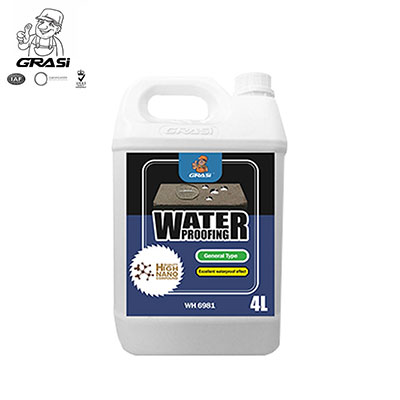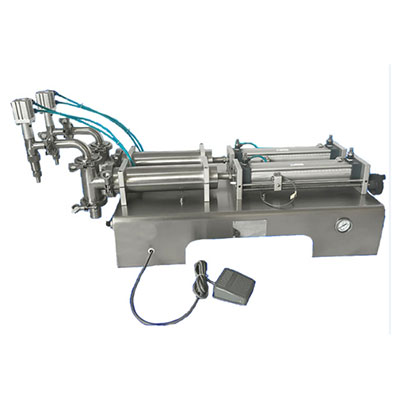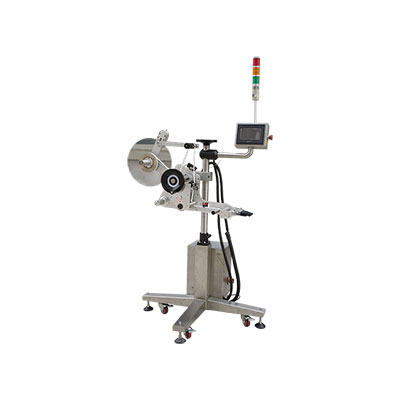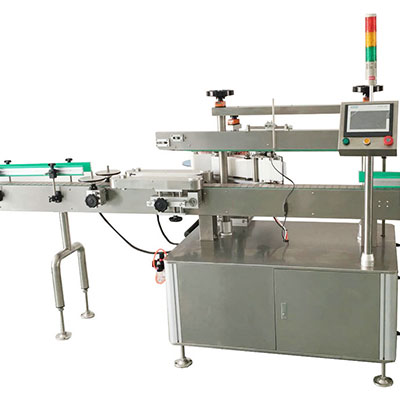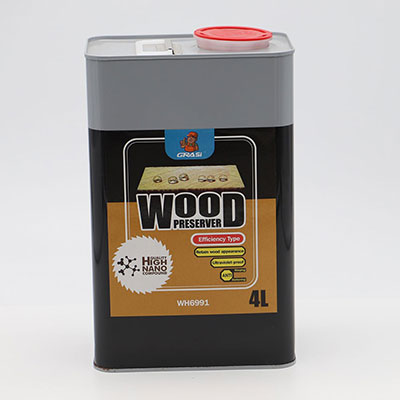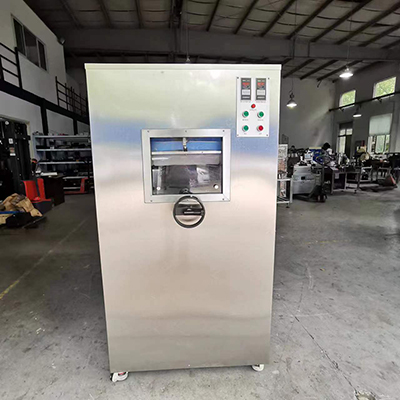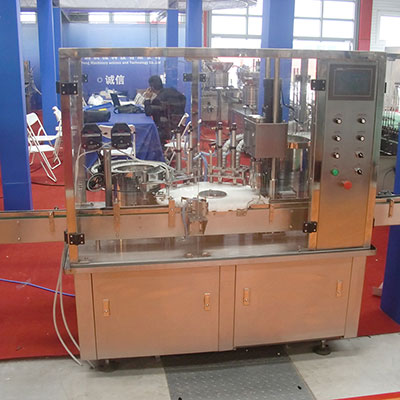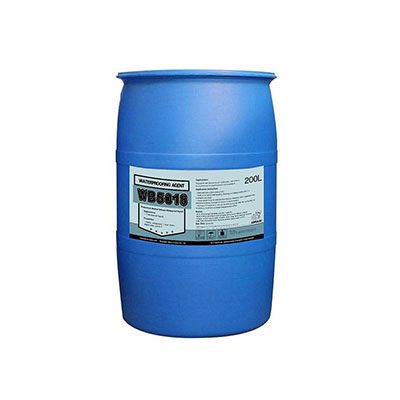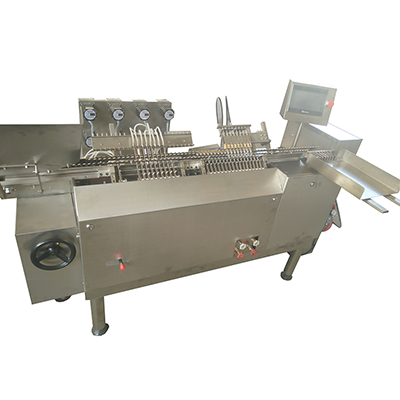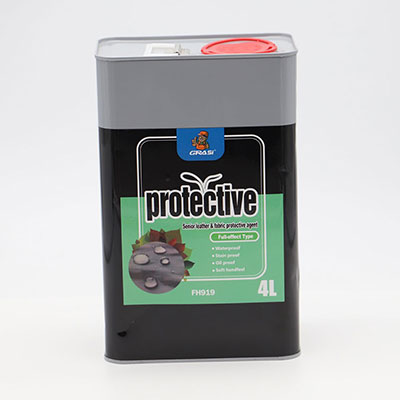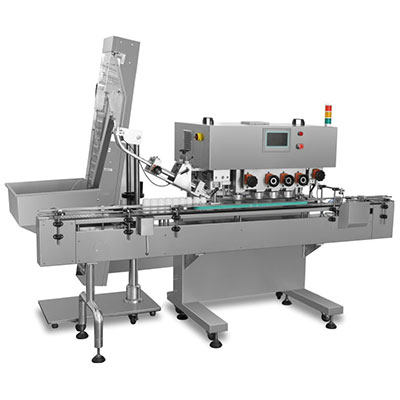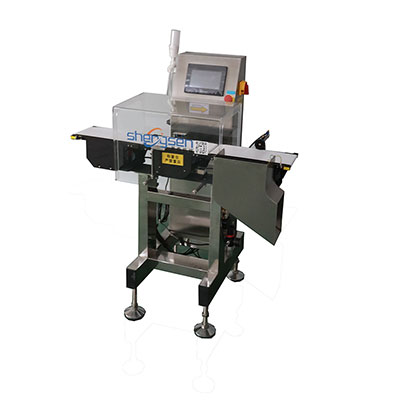Pharmaceutical Water System
The pharmaceutical water system is mainly used for infusion solutions, injection water treatment, oral solution water treatment, medicine bacteria free water and artificial kidney dialysis water treatment, etc.
RO Technology: Reverse osmosis method for pure water production is a kind of new technology which is developed in 60s. Because its technological operation is simple, very economical, with great efficiency in desalination and pyrogen removal, United States Pharmacopoeia takes RO technology as one of legal injection water production methods from version 19.
Principle: Reverse osmosis is the inverse process of osmosis. It is a membrane filtration method that removes many types of large molecules and ions from solutions by applying pressure to the solution when it is on one side of a selective membrane.
The pharmaceutical water system adopts WS-RO-D series medical grade reverse osmosis machine, applicable to making various pharmaceutical preparation, prescription, infusion solutions and injection water. Generally, medicinal water is produced by distillation method. We make use of our own strength and long-term practice to develop a series of RO technology-based medical grade water purification systems. The equipment adopts advanced RO elements, pressure tank and other devices, together with high efficiency, reasonable pretreatment and sophisticated desalination equipment, which can produce the product water that complies with GMP standard. The pharmaceutical water system can be set to automatic or manual operational mode. It can automatically control raw water pump, high pressure pump, and pure water pump. The system also has function of automatic on/off, cleaning, high and low voltage protection, thermal protection, liquid level control, etc.
Features of Pharmaceutical Water System
1. Low and stable conductivity value can be reached.
2. High efficiency of producing pure water, which could reach 70% recovery.
3. Each unit with a sample point ensures the inspection convenience.
4. The pharmaceutical water system could be set into self circulating stand-by state within low-flux, which could have a shorter response time when restarted.
5. Save energy.
6. High manufacturing quality: all joints use automatic orbital argon-arc welding and conforming to the 3D standards.
7. The equipment can drain completely.
8. Module design and compact conformation.
9. Perfect control system can guarantee the stable running of followed systems.
10. The double softener design can keep the next equipment running continuously.
11. Double pipe pure water supply, internal circulation for the purified water generator can be achieved.
12. Fully automatic control and sterilization.
13. Unique hygienic internal circulation design.
14. Our pharmaceutical water system complies with requirements of FDA, EU-GMP, etc.
Technical Parameters
Capacity: 0.5m3/h~50m3/h
TOC<100PPB
Conductivity<0.5μs/cm
Microorganism<100CFU/ml
Endotoxin<0.25EU/ml
Nitrate<0.06PPM
Heavy metal<0.1ppm
Certifications, Guidelines and Standards
1. Standard
The pharmaceutical water system is designed to produce purified water in accordance with the existing Chinese Pharmacopoeia (2010 version), FDA and United States Pharmacopoeia (USP-36). Drinkable water is used as the inlet raw water, after pretreatment and purification, the drinkable water is made into pure water which meets requirements of URS.
2. Design Reference Standard
The system design, installation and documentation are fully in line with the GMP regulations and guidelines settled for a pharmaceutical water system.
Requirements of GMP on water treatment equipment for pharmaceutical applications:
1. The structure of pharmaceutical water system should be simple, reliable, and easy to install and disassemble.
2. For the ease of disassembling, changing and cleaning parts, the design of actuating mechanism should adopt standardized, universal, systematized components and parts as much as possible.
3. The inner and outer surface of the pharmaceutical water system should be smooth with no dead corner, easy to clean and sterilize. Surface of parts should be chrome plated or treated in other ways for preventing corrosion and rusting. Avoid using paint on the outer surface of equipment to prevent peeling.
4. The material which contacts with injection water must be high quality low-carbon stainless steel or other proven material that will not cause pollution to water quality. The injection water production equipment should be periodically cleaned and the cleaning effect be tested.
5. The storage period of pure water should not be more than 24 hours, and its storage tank should be made of stainless steel or other materials which have been proven to inhibit the formation of biomembrane, resist corrosion, be easy for chemical sterilization and not to release contaminative ions. The vent should be installed with hydrophobic and degermed filter which will not drop fiber. Storage tank inside surface should be smooth. Joint pipes and soldering seam should not have dead corners and blowholes. A good sensor should be the one that can display liquid level, temperature, pressure and other parameters but will not cause stagnant water pollution. Storage tank should be periodically cleaned and sterilized, and the effect of cleaning and sterilization should be tested.
6. Transport of water for pharmaceutical purpose
6.1 The pure water and pharmaceutical water should be transported by SS pump, which is easy to install, disassemble and get sterilized. In the case that pure water and injection water are transported by compressed air and nitrogen, the compressed air and nitrogen should be purified.
6.2 The pure water should be transported by circulation line. Design of pipeline should be simple, avoid blind pipes and blind angles. Pipeline should take SS pipes and other tubing which has been proven to be non-toxic, corrosion resistant, without leakage of contaminative ions. It is recommended to take sanitary grade valves. Please mark flow direction when transport pure water.
6.3 The transport pump and pipeline for transporting pure water and injection water only can be used after being proven to be qualified. They also should be periodically cleaned and sterilized.
7. Design of pressure vessel should be completed by the company which has license or qualified people. The design should comply with the national standard of China and related rules of Pressure Vessel Security Control Regulations.
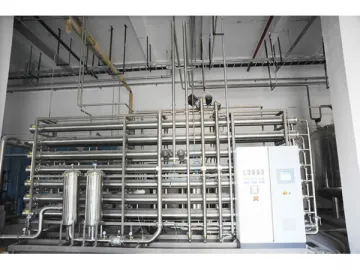
Links:https://www.globefindpro.com/products/72796.html
-
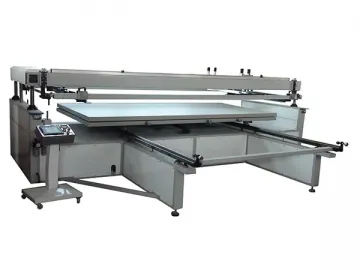 Large Semi-Automatic Screen Printing Machine
Large Semi-Automatic Screen Printing Machine
-
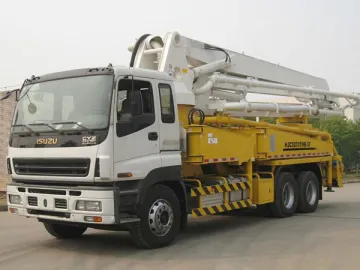 Truck-Mounted Concrete Pump
Truck-Mounted Concrete Pump
-
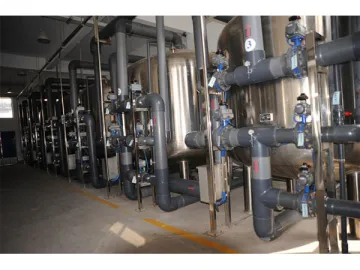 Sand Filter
Sand Filter
-
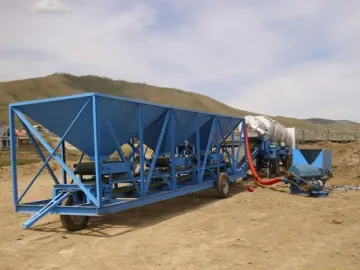 Continuous Asphalt Mixing Plant
Continuous Asphalt Mixing Plant
-
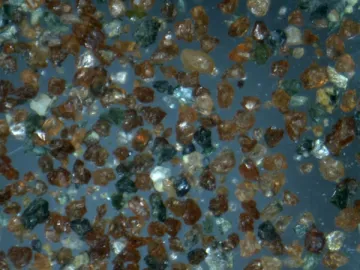 Garnet Abrasive
Garnet Abrasive
-
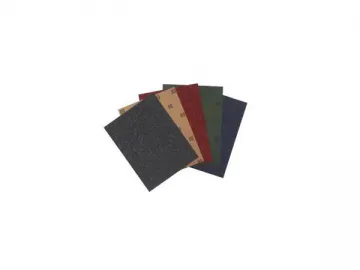 Waterproof Sandpaper Sheet
Waterproof Sandpaper Sheet
-
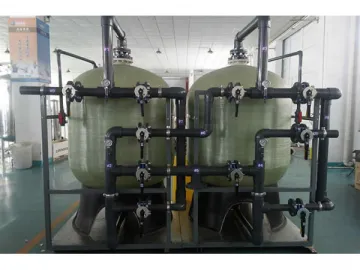 Activated Carbon Filter
Activated Carbon Filter
-
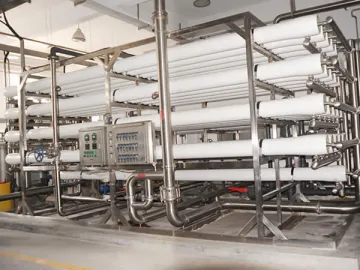 Water Treatment Equipment for Food & Beverage Industry
Water Treatment Equipment for Food & Beverage Industry
-
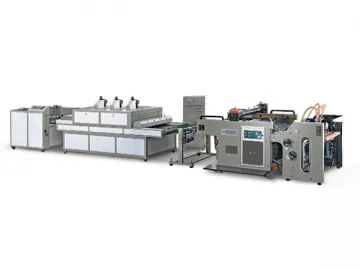 Cylinder Screen Printing Line
Cylinder Screen Printing Line
-
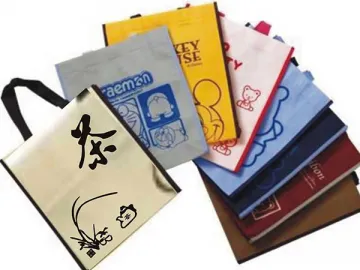 Automatic Non-woven Screen Printing Machine
Automatic Non-woven Screen Printing Machine
-
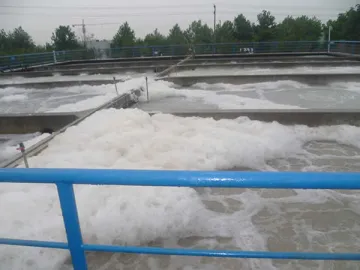 Industrial Wastewater Treatment
Industrial Wastewater Treatment
-
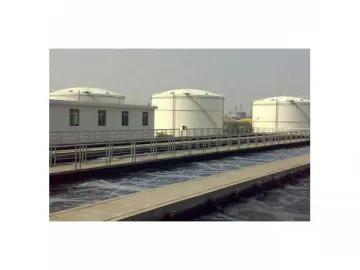 Municipal Wastewater Treatment
Municipal Wastewater Treatment
